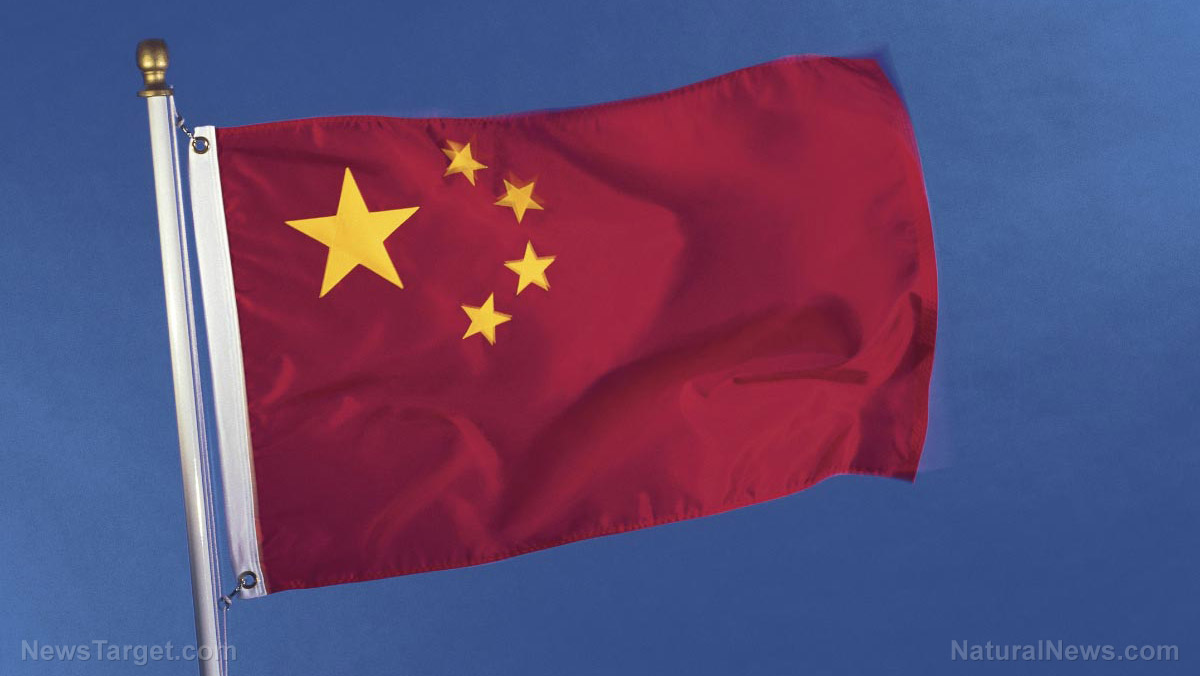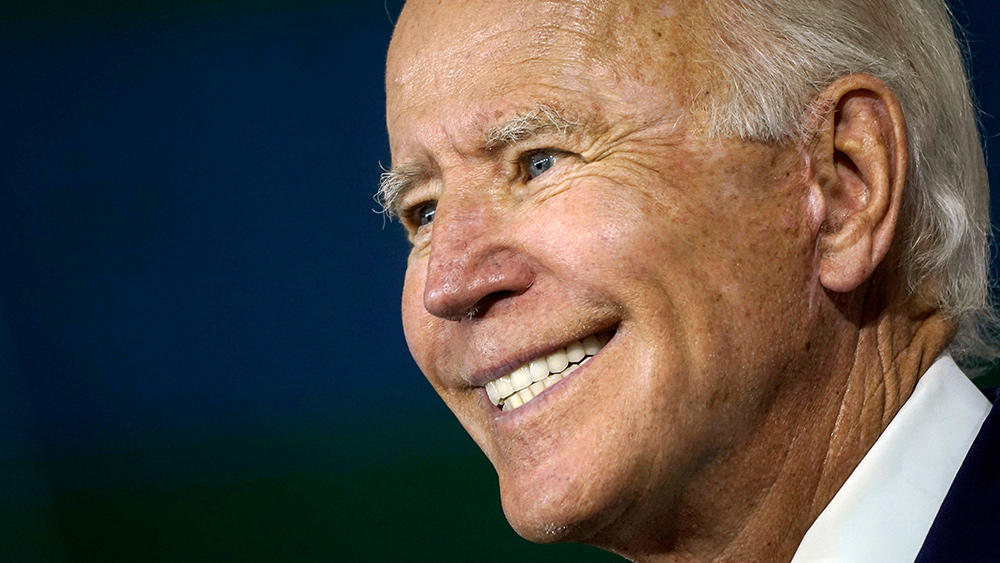
While farmers in Europe and the United States are concerned they will see a reduction in crop yields this year thanks to reduced supplies of seeds and fertilizer, China, the country most responsible for setting off the global supply chain crisis in the first place thanks to the 'accidental' release of COVID-19, may suffer even greater shortages -- to the point of destabilization.
According to Eric Mertz, a global hotspot analyst since 2019 and a China watcher since 2008, reports coming out of and around China suggest that the shortages are far greater than the Communist government in Beijing is willing to admit.
Citing a report from the Financial Times, officials in China’s Jilin, Heilongjiang and Liaoning provinces "have reported one in three farmers lack sufficient seed and fertilizer supplies to begin planting for the optimum spring window," Mertz writes.
"Missing that window will drive down the eventual yield, resulting in food shortfalls -- assuming the fields in question can even be planted in time to produce a crop. According to sources within these areas, they are stuck waiting on seed and fertilizer which have been imported to China from overseas -- and which are stuck in the cargo ships sitting off the coast of Shanghai," he continued.
The analyst went on to note that the official ChiCom newspaper, The Global Times, angrily denounced and denied those reports as well as all others claiming that there are food insecurity issues throughout the country because of production shortfalls (a big deal in a country with 1.3 billion mouths to feed).
At the same time, however, other reports note that ChiCom officials are mimicking modern China founder Mao's command to produce steel in backyards by having locals transform areas like basketball courts into cropland -- though without enough fertilizer or seed, it's hard to see how that is going to work, especially long term.
Mertz agrees:
This is unlikely to have any real effect, and doesn’t change the fact Chinese farmers are roughly 1/40th as productive as South Korea, and the children of elderly farmers are rapidly abandoning China’s rural villages in favor of moving into the cities where they can live and work as illegal internal migrants in the hopes of making enough money to provide for their elderly parents.
At the same time Chinese farmers are suffering from a lack of crop materiel, the country is also experiencing a massive shortage of one of its staples -- pork -- thanks to the culling of pig herds due to a widespread African Swine Fever outbreak, which is referred to grimly as "Pig Ebola." In many cases, Mertz notes, as much as half of swine herds have had to be culled, which "may actually have helped China weather the food export bans from both Ukraine and Russia" as both of those countries hoard their supplies thanks to their ongoing war. Typically, China imports something like 2 million tons of corn from Ukraine, most of which goes to feed hog herds, as pork makes up the majority of animal protein in the diets of most Chinese.
"Thankfully, the pig population has rebounded thanks to intensive breeding programs by breeders, though prices are still at all time highs within China -- placing it out of the hands of many of the poorest families within China," Mertz noted.
Also, China's seafood harvest and exports are not doing well, either, as indicated by the fact that since the 1990s, Chinese fishermen have so overfished territorial (and out of territorial) waters that harvests are greatly reduced. That includes waters off of North Korea, where some fisherman have sailed to their deaths looking for bountiful catches.
"Even with the draconian enforcement of fishing regulations, there are legitimate concerns the fisheries in these regions may ever be able to fully recover without a complete ban on fishing within Chinese water," Mertz writes.
Add in a domestic trucking shortage and the worsening supply chain crisis, thanks in large part to China's "zero COVID" policy leading to never-ending lockdowns of major port cities like Shanghai and it is easy to see how the world's most populous country could implode any day now.
Sources include:
Please contact us for more information.



















